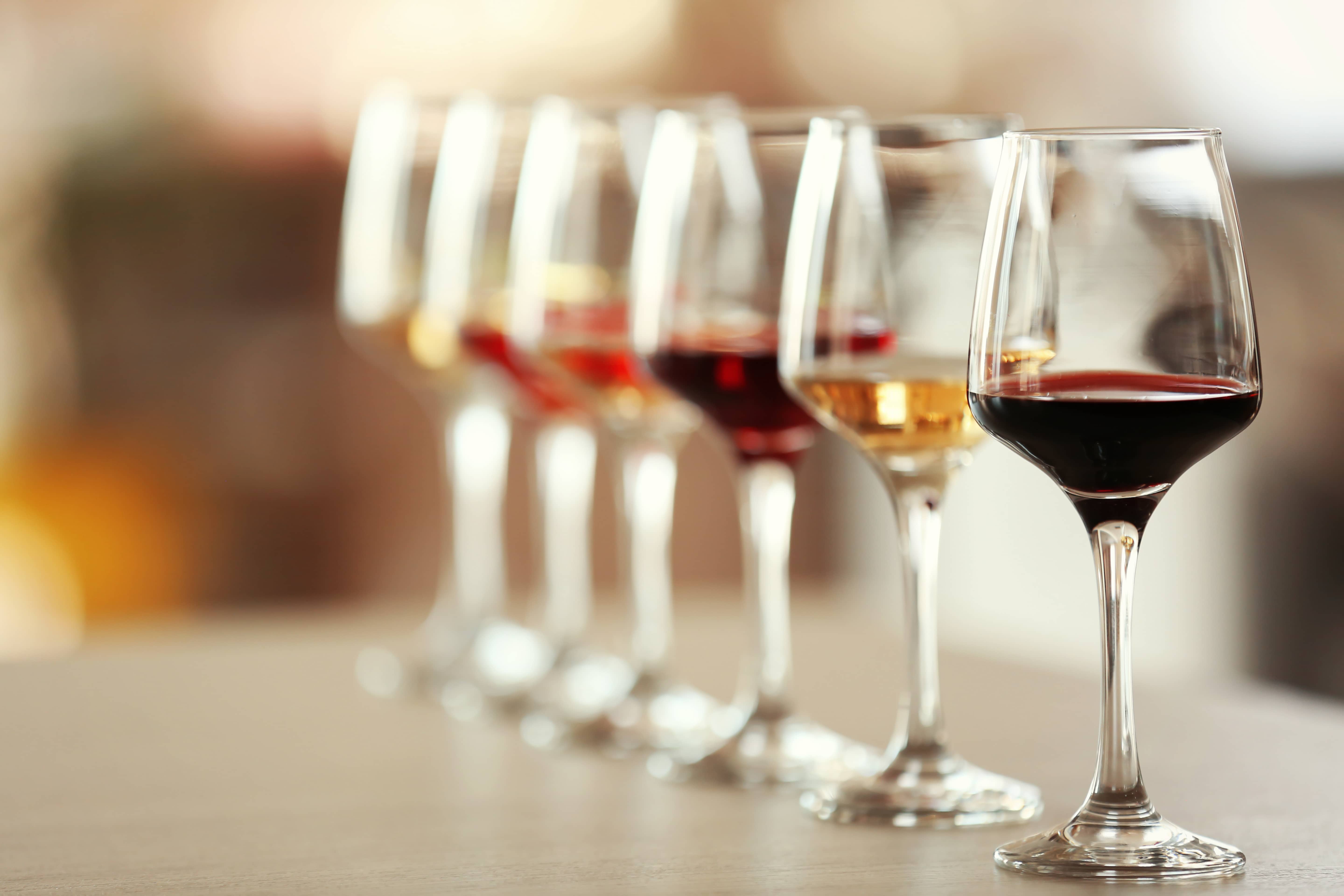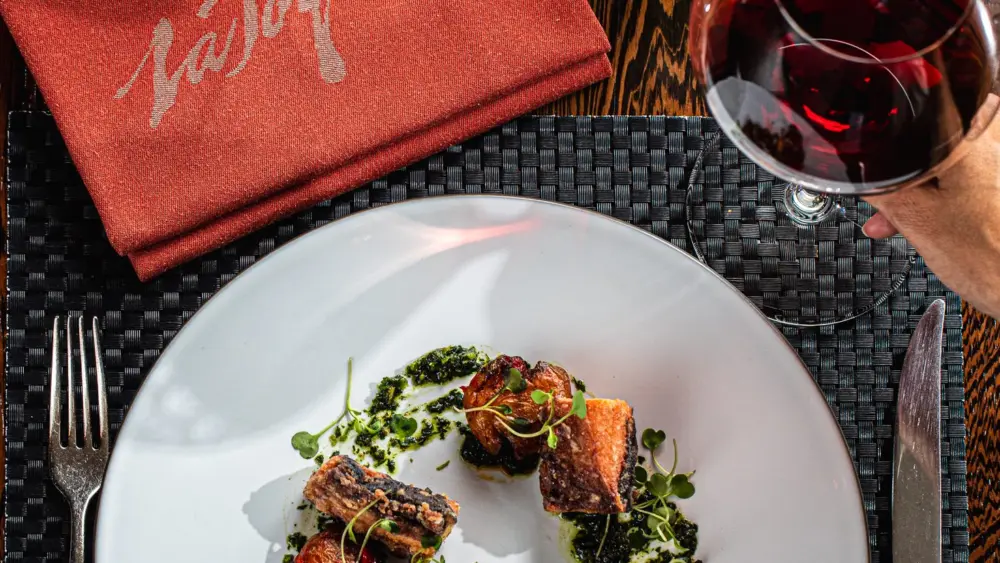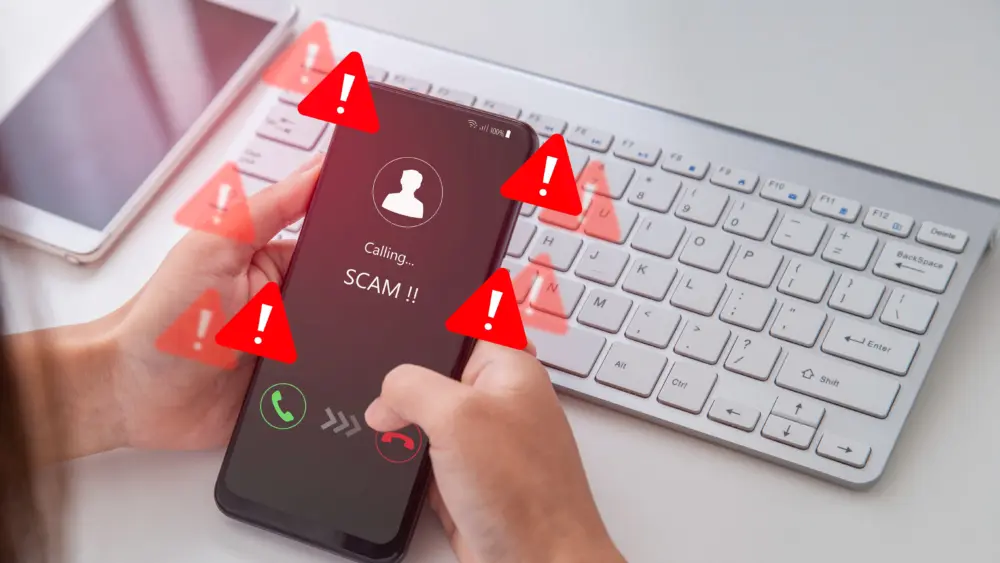
The power of using false health claims to sell everything from cocaine mixed with wine to
cigarettes and cereal is nothing new. And for the last few decades the temptation to link the
consumption of wine with positive health outcomes has been too tempting for many in the
industry to resist. The idea was to convince the public that drinking a glass or two of wine a day
was not only pleasurable but was also a kind of magic health elixir that might reduce the risk of
everything from cancer to heart disease, as well as improve cognition.
“Let food be thy medicine and medicine be thy food,” Hippocrates said some 2,500 years ago,
and marketers have been taking his advice ever since. In 1897, C.W. Post called Grape-Nuts
“food for brain and nerve centers.” By the early 1900s Kellogg claimed that eating cornflakes in
the morning reduced immoral sexual urges. In the 1920s and ’30s cigarettes were marketed as
“doctor-recommended” and handed out as free samples by medical professionals. Today nearly
all foods and beverages make some sort of health claim, and nearly all of them are false.
Torches of Freedom
In the late 19th and early 20th centuries tobacco companies made a number of health claims to
promote their products. These included helping with digestion, weight loss, sore throats and
asthma, preventing or even curing tuberculosis, improving mental performance and relaxing the
nervous system. Smoking was also heralded as a way to gain equal rights for women.
In the early 20th century Edward Bernays, a public relations specialist, launched his “Torches of
Freedom” campaign with the goal of breaking down the social taboo against women smoking in
public. At that time smoking was seen as a male activity, and women who smoked in public were
often viewed as immoral or promiscuous. Linking smoking to women's liberation, Bernays
tapped into the growing feminist movement and created a new market for tobacco companies. In
1929 he hired a group of young women to march in the New York City Easter parade while
smoking cigarettes and carrying banners that read "torches of freedom.” It worked. Whereas only about 5% of women in the United States smoked in 1929, by the mid-1960s that had grown to more than 40%.
Vin Marian
For thousands of years the indigenous people of the Andean region of South America—where
the coca plant is native—had chewed the plants’ leaves or brewed them into tea to provide
energy, combat altitude sickness and relieve hunger and fatigue. In 1855 a German chemist
named Friedrich Gaedcke first extracted the active ingredient from the coca plant and called it
cocaine.
By 1863 Angelo Mariani—an Italian-French chemist and businessman—had developed a new
beverage that mixed the powerful new stimulant with wine. He called it “Vin Marian,” and the
tonic became an overnight success. Widely promoted for its supposed health benefits—including
its ability to boost energy, improve digestion and relieve nearly all known ailments—the powerful elixir was eagerly adopted by notable figures such as Pope Leo XIII, Thomas Edison,
Queen Victoria, Arthur Conan Doyle and Jules Verne.
Noticing the success, an American, Dr. John Pemberton of Atlanta, created his own version of
Vin Marian, which he called Pemberton's French Wine Coca. Like Mariani before him,
Pemberton touted his new drink as a magic cure for everything from headaches and neuralgia to
melancholy and hysteria. However, by the late 1880s—driven by a growing anti-alcohol
movement spreading across the country—the wine was removed as an ingredient and replaced
instead with a heaping amount of sugar. Pemberton also changed the name to “Coca-Cola: The
temperance drink.”
By the early part of the 20th century it was becoming clear that cocaine was not the magic cure
that its proponents had claimed, and by 1914 the United States had passed the Harrison Narcotics
Tax Act, which required individuals and companies dealing in cocaine and opiates to register
with the government and pay a tax on their sales and distribution. Reading the writing on the
wall, Pemberton replaced the cocaine in his drink with caffeine; however, the health claims
continued for decades.
The problem with health claims
As a scientist turned vintner turned columnist, I am skeptical of anyone telling me that something
is “healthy.” The problem with such claims is that it is impossible to be 100% certain of any such
statement, and an error could result in harm. Therefore, the wine industry must drop all health
claims and embrace the reality that wine (and every other type of alcohol) is an adult beverage
that is an addictive intoxicant. It has brought pleasure to millions but ruin to others.
Author
-

Tim Carl lives, writes and teaches in Calistoga. He grew up in St. Helena and traces his Calistoga grape-growing roots back five generations. You can reach him at tcarl@northbaybiz.com.
View all posts




425 thoughts on “Wine Industry Must Avoid Untrue Health Claims”
I likewise believe therefore, perfectly written post! .
I loved as much as you’ll receive carried out right here. The sketch is attractive, your authored subject matter stylish. nonetheless, you command get bought an nervousness over that you wish be delivering the following. unwell unquestionably come more formerly again as exactly the same nearly a lot often inside case you shield this hike.
I not to mention my pals have been examining the nice ideas located on your web page and then before long got a horrible feeling I never expressed respect to you for those techniques. The guys were consequently stimulated to learn all of them and already have in reality been loving these things. I appreciate you for genuinely very thoughtful and also for considering certain brilliant useful guides millions of individuals are really desirous to discover. Our sincere apologies for not expressing gratitude to sooner.
Would you be interested by exchanging hyperlinks?
Lovely just what I was looking for.Thanks to the author for taking his clock time on this one.
Can I simply say what a relief to seek out someone who truly knows what theyre speaking about on the internet. You positively know the right way to deliver an issue to light and make it important. Extra people must read this and understand this facet of the story. I cant believe youre not more standard since you definitely have the gift.
I dugg some of you post as I thought they were very helpful very beneficial
Your home is valueble for me. Thanks!…
Very interesting information!Perfect just what I was looking for! "Wherever the Turkish hoof trods, no grass grows." by Victor Hugo.
I’ll right away clutch your rss as I can not to find your email subscription link or e-newsletter service. Do you have any? Kindly allow me recognize in order that I could subscribe. Thanks.
I appreciate, cause I found just what I was looking for. You’ve ended my 4 day long hunt! God Bless you man. Have a great day. Bye
Very interesting info !Perfect just what I was looking for! "Outside of a dog, a book is man’s best friend. Inside of a dog it’s too dark to read." by Groucho Marx.
What i don’t understood is in truth how you’re now not actually a lot more neatly-favored than you may be now. You’re so intelligent. You realize thus significantly relating to this subject, made me in my opinion believe it from so many numerous angles. Its like men and women don’t seem to be involved until it’s one thing to do with Girl gaga! Your own stuffs outstanding. All the time maintain it up!
I like this post, enjoyed this one regards for putting up.
Nice read, I just passed this onto a colleague who was doing a little research on that. And he actually bought me lunch because I found it for him smile Therefore let me rephrase that: Thanks for lunch!
Hey, you used to write wonderful, but the last few posts have been kinda boring… I miss your great writings. Past few posts are just a little out of track! come on!
Today, I went to the beach front with my children. I found a sea shell and gave it to my 4 year old daughter and said "You can hear the ocean if you put this to your ear." She placed the shell to her ear and screamed. There was a hermit crab inside and it pinched her ear. She never wants to go back! LoL I know this is completely off topic but I had to tell someone!
You can definitely see your skills in the work you write. The world hopes for even more passionate writers like you who are not afraid to say how they believe. Always follow your heart.
Simply a smiling visitant here to share the love (:, btw outstanding design. "Reading well is one of the great pleasures that solitude can afford you." by Harold Bloom.
Yeah bookmaking this wasn’t a high risk decision great post! .
Undeniably believe that which you stated. Your favorite justification appeared to be on the net the simplest thing to be aware of. I say to you, I definitely get irked while people consider worries that they plainly do not know about. You managed to hit the nail upon the top as well as defined out the whole thing without having side-effects , people could take a signal. Will likely be back to get more. Thanks
Hello my friend! I want to say that this post is amazing, nice written and include approximately all vital infos. I’d like to see more posts like this.
You could definitely see your expertise within the paintings you write. The arena hopes for even more passionate writers like you who are not afraid to say how they believe. At all times go after your heart.
Игра на официальном сайте казино Azino777. Простая регистрация, быстрые транзакции, бездепозитные бонусы. Начинайте на Азино777 играть на реальные деньги прямо сейчас
I’d must verify with you here. Which isn’t something I often do! I get pleasure from reading a post that will make people think. Also, thanks for allowing me to remark!